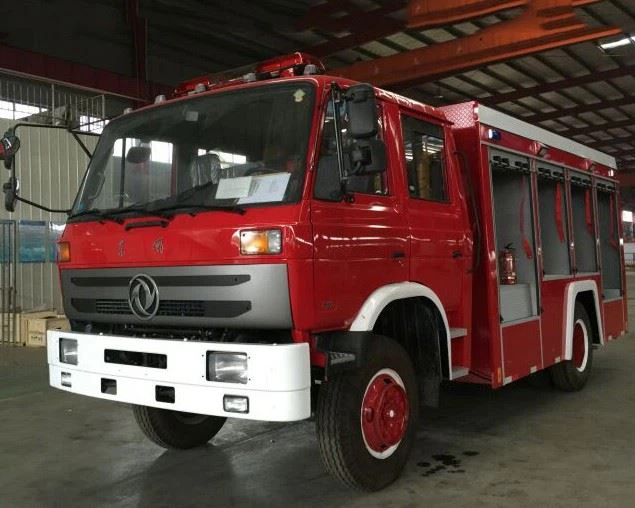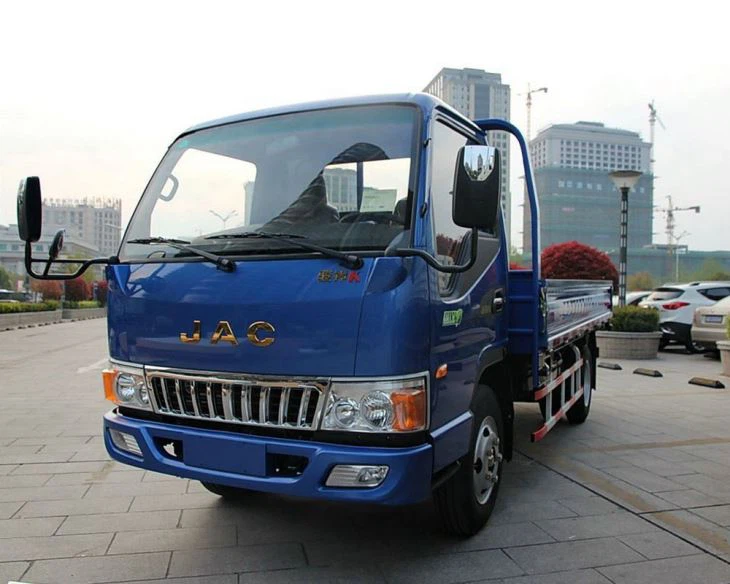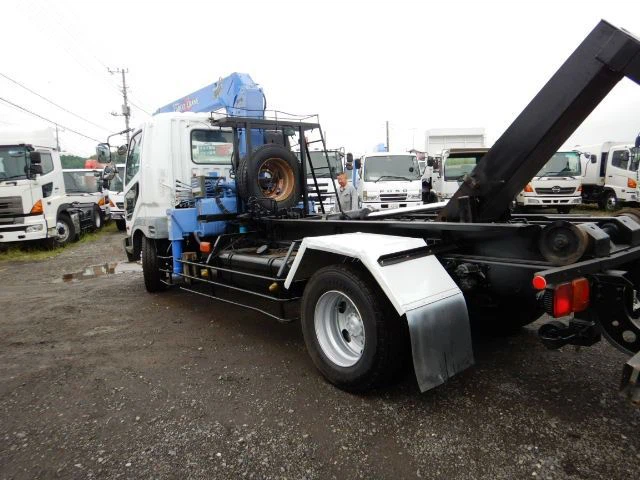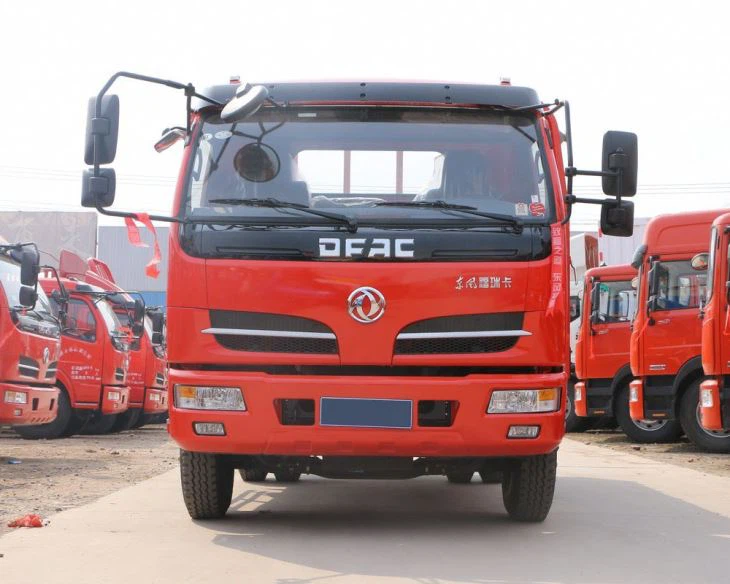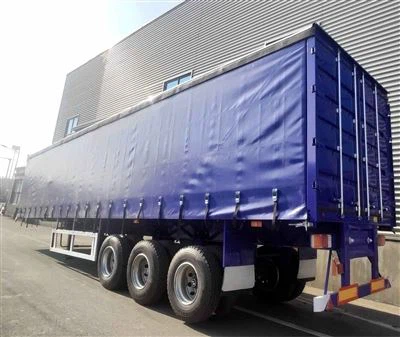Introduction to Diesel Tankers
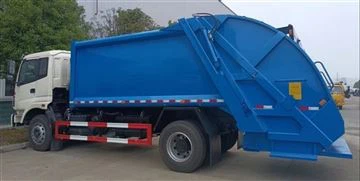
Diesel tankers play a vital role in the transportation of fuel, supporting various industries worldwide. They are specially designed vessels that carry diesel fuel over land and sea. This article delves into the many aspects of diesel tankers, including their history, types, safety standards, and more, providing you with a thorough understanding of this essential component of logistics and transportation.
The History of Diesel Tankers
Early Development
The history of diesel tankers dates back to the introduction of diesel engines in the late 19th century. As the demand for diesel fuel grew, so did the need for specialized transportation solutions. Initially, fuel was transported using general cargo vessels, but as fuel needs became more specific, dedicated designs emerged.
Evolution Over Time
As technology progressed, the design and functionality of diesel tankers improved dramatically. Innovations in construction materials, safety regulations, and operational efficiency have all contributed to the development of modern diesel tankers. Today, these vessels are equipped with advanced navigation and handling systems to ensure safe and efficient transport.
Types of Diesel Tankers
Land vs. Marine Diesel Tankers
Diesel tankers can generally be categorized into two main types: land-based and marine tankers. Each type serves distinct purposes and has unique characteristics.
Land Diesel Tankers
Land diesel tankers transport fuel over highways and roads, often in the form of large trucks. These vehicles are crucial for delivering diesel to filling stations, industrial clients, and other consumers. Key features of land tankers include:
- Capacity: Typically range from 3,000 to 12,000 gallons.
- Design: Equipped with insulated tanks to maintain fuel temperature.
- Regulations: Must adhere to local transportation regulations and safety standards.
Marine Diesel Tankers
Marine diesel tankers are large vessels designed for transporting diesel fuel across oceans and seas. These ship-type tankers can range in size and capacity, and they play a central role in global fuel distribution. Notable characteristics include:
- Capacity: Can carry hundreds of thousands of gallons, depending on the ship size.
- Tank Design: Feature multiple compartments to separate different fuel types.
- Regulations: Governed by international maritime safety and environmental standards.
Specialized Diesel Tankers
There are also specialized diesel tankers designed for specific functionalities:
- Double-Hulled Tankers: Designed for environmental safety, minimizing the risk of oil spills.
- High-Pressure Tankers: Used for transporting diesel in high-pressure situations.
The Importance of Diesel Tankers in Industry
Fuel Supply Chain
Diesel tankers are a crucial part of the fuel supply chain, facilitating the transfer of diesel from refineries to end-users. They ensure that fuel is made available for various industries, including transportation, agriculture, and manufacturing.
Economic Impact
The operational efficiency of diesel tankers significantly impacts the economy. Timely fuel delivery ensures continuous industry operation, affecting productivity and economic growth. Additionally, reduced transportation costs associated with bulk fuel transport help stabilize fuel prices.
Safety Standards and Regulations
International Regulations
Diesel tankers must adhere to stringent international safety and environmental regulations. Organizations such as the International Maritime Organization (IMO) set guidelines that dictate construction, operational practices, and emergency response protocols.
Local Regulations
In addition to international standards, local governments impose their own regulations regarding the transportation of diesel fuel. These can include:
- Licensing for tanker operators.
- Mandatory inspections and certifications.
- Specific routes and operational hours to minimize risk.
How Diesel Tankers Operate
Loading and Unloading Procedures
The process of loading and unloading diesel from tankers involves several key steps:
- Pre-Loading Inspections: Ensure the integrity of the tanker and loading equipment.
- Loading: Using pumps, diesel is transferred from storage tanks to the tanker.
- Transport: Tankers are equipped with systems that manage fuel distribution during transit.
- Unloading: Reverse the loading process, transferring fuel from the tanker to storage facilities.
Emergency Protocols
Diesel tankers must have emergency protocols in place to handle spills, accidents, or other unforeseen issues during transport. Key elements include:
- Training of crew members.
- Regular drills and safety equipment checks.
- Communication systems to alert authorities in case of emergencies.
Environmental Considerations
Impact of Diesel Transportation
The transportation of diesel fuels can have significant environmental impacts, especially in the event of spills or accidents. The harmful effects on marine life and ecosystems can be grave, and thus stringent regulations are in place to mitigate these risks.
Efforts for Sustainability
Industry stakeholders are working towards more sustainable practices in diesel transportation. This includes implementing eco-friendly technologies and enhancing existing safety measures. Moreover, research into alternative fuels and transportation methods aims to reduce dependency on diesel.
Examples of Modern Diesel Tankers
Case Study: Maritime Diesel Transport
One notable example of a successful maritime diesel tanker operation is that of Maersk Tankers. With a fleet of advanced vessels, Maersk has mastered the art of efficient fuel transport, reducing shipping times and costs while adhering to safety standards.
Case Study: Road Transport
In the road transport sector, companies like Schneider National utilize state-of-the-art diesel tankers. Their investment in technology allows them to track fuel delivery in real time, ensuring timely shipments and minimizing delays.
Future of Diesel Tankers
Technological Advances
The future of diesel tankers will be significantly shaped by technology. Innovations such as automation in loading and unloading processes, GPS tracking, and improved hull designs will revolutionize the industry.
Transition to Alternative Fuels
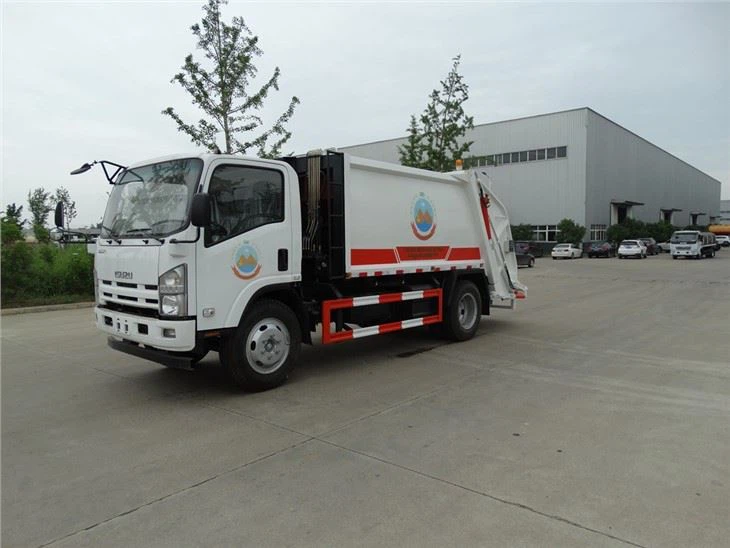
As the world shifts towards cleaner fuels, diesel tankers may also need to adapt. This transition involves redesigning tankers for biofuels or hydrogen, ensuring they remain relevant in an evolving energy landscape.
Practical Tips for Choosing a Diesel Tanker
Assessing Tanker Capacity
When selecting a diesel tanker, it’s critical to assess its capacity based on your specific needs. Consider factors such as:
- The volume of fuel you require.
- Frequency of deliveries.
Evaluating Safety Features
Safety measures should be a priority when selecting a diesel tanker. Look for vessels with:
- Double-hulled designs for spill prevention.
- Up-to-date safety certifications.
FAQ Section
1. What is a diesel tanker?
A diesel tanker is a specialized vessel designed to transport diesel fuel over land or sea.
2. What are the different types of diesel tankers?
Diesel tankers are categorized into land diesel tankers (trucks) and marine diesel tankers (ships), with each serving different transport needs.
3. What safety standards do diesel tankers comply with?
Diesel tankers must adhere to international safety regulations set by organizations like the International Maritime Organization (IMO) and local government regulations.
4. How does loading and unloading work for diesel tankers?
The process involves pre-loading inspections, transferring fuel using pumps, and ensuring proper safety measures throughout the operation.
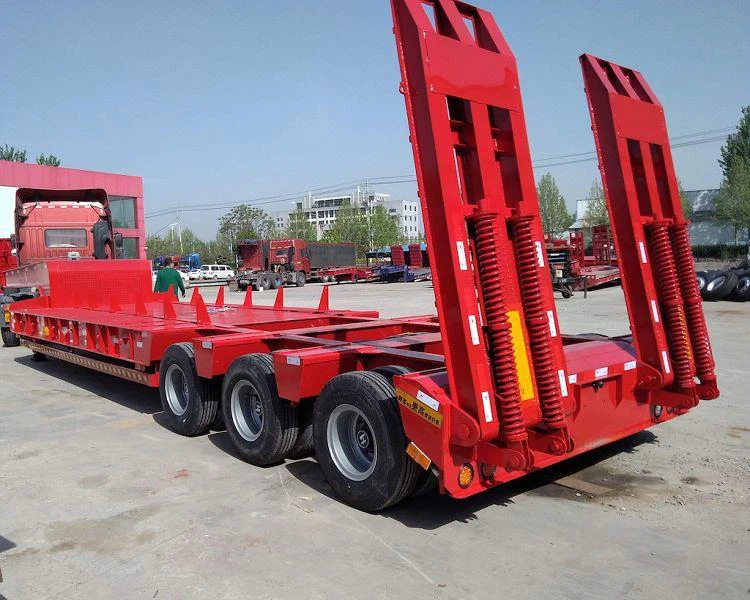
5. What environmental concerns are related to diesel tankers?
Environmental concerns include the risk of spills and their impact on marine life, leading to strict regulations for safe transport practices.
6. How is the future of diesel tankers being shaped?
Advancements in technology and the transition to alternative fuels are expected to shape the future of diesel tankers, focusing on efficiency and sustainability.
